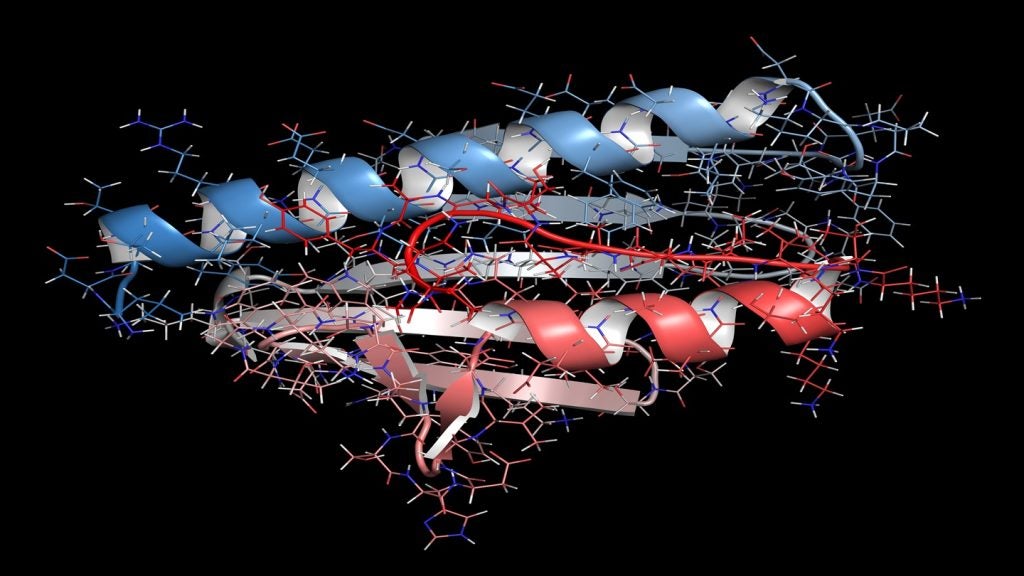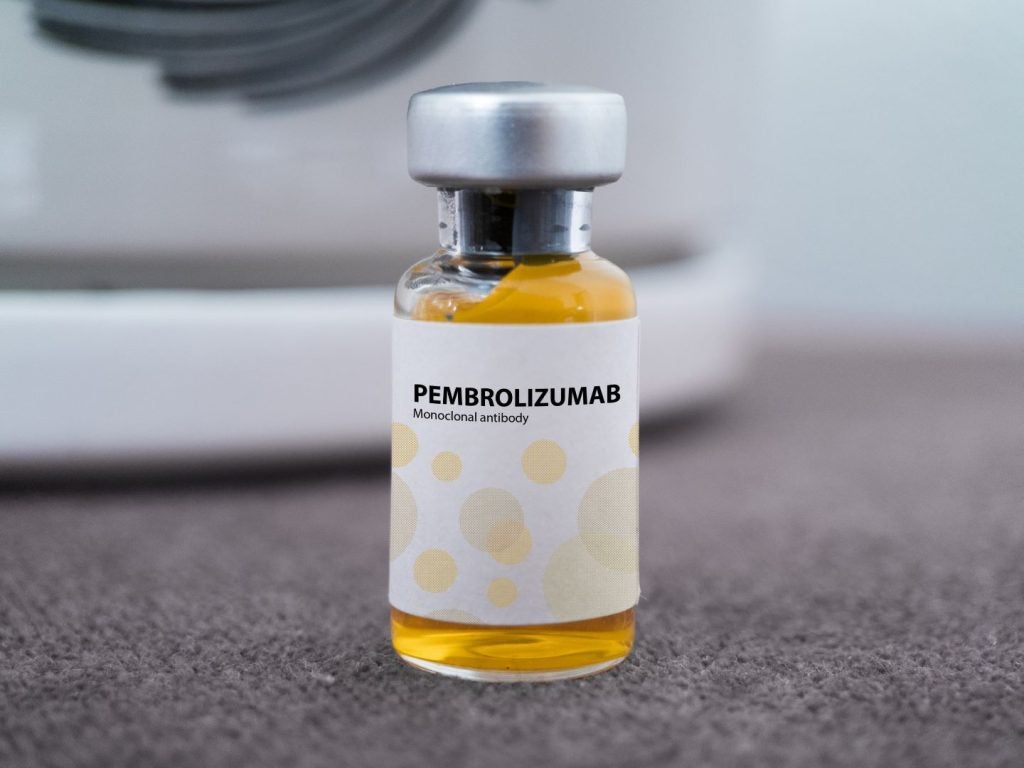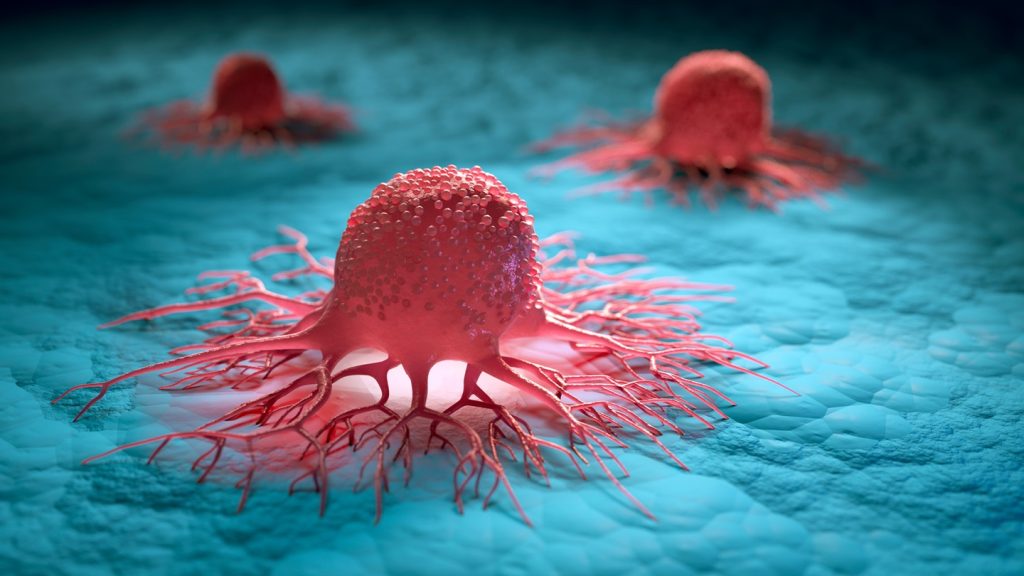BPGbio has received a Rare Pediatric Disease Designation from the US Food and Drug Administration (FDA) for BPM31510IV to treat primary coenzyme Q10 deficiency, an ultra-rare mitochondrial disorder.
Primary CoQ10 deficiency affects fewer than one in 100,000 people. It hampers the body's ability to produce CoQ10, a molecule crucial for cellular energy production and biomembrane stabilisation.
The deficiency can lead to severe developmental delays, weakness of muscle, seizures, and potentially fatal organ damage, with symptoms often appearing in early childhood.
Oral CoQ10 supplements failed to reach therapeutic levels in severely affected organs.
BPGbio's BPM31510IV has shown potential in addressing this gap, leveraging the company's NAi Interrogative Biology platform, which combines patient biology with AI-driven analysis.
It is not only a lead candidate for solid tumours such as glioblastoma multiforme and pancreatic cancer but also shows promise for various rare diseases.
BPGbio president and CEO Niven Narain said: “BPM31510 has been developed in topical, IV and oral formulations and is a prime example of the power of our biology-first approach to drug discovery and development, illustrating the powerful predictive capabilities of our NAi Interrogative Biology platform, and the benefit of validating AI-derived predictions through wet lab experiments and in vivo modelling.
“By using hypothesis-free causal AI to analyse vast amounts of biological data, we were able to uncover and validate new potential applications BPM31510, including its potential to address mitochondrial diseases like primary CoQ10 deficiency.”
BPGbio's investigational treatment has also received orphan drug designation for glioblastoma multiforme, pancreatic cancer, and epidermolysis bullosa, in addition to the rare pediatric disease designation for primary CoQ10 deficiency.















